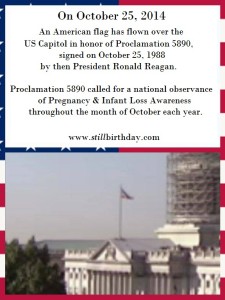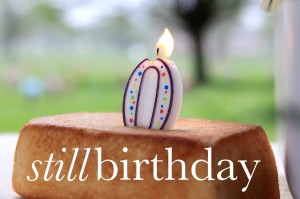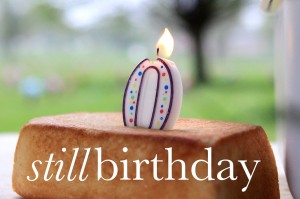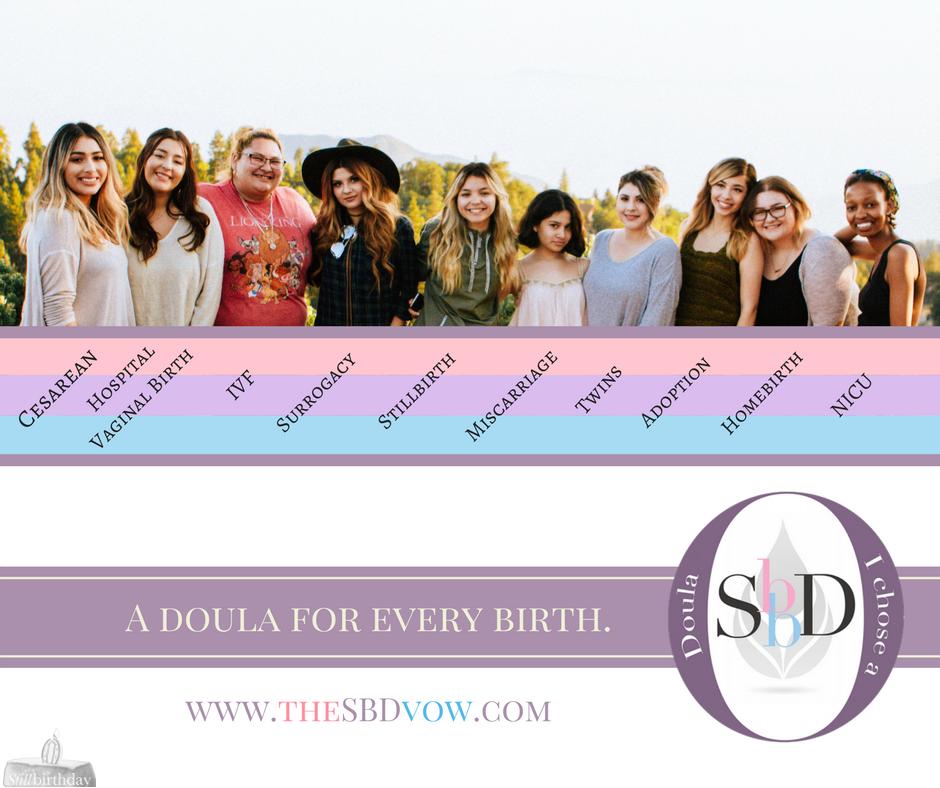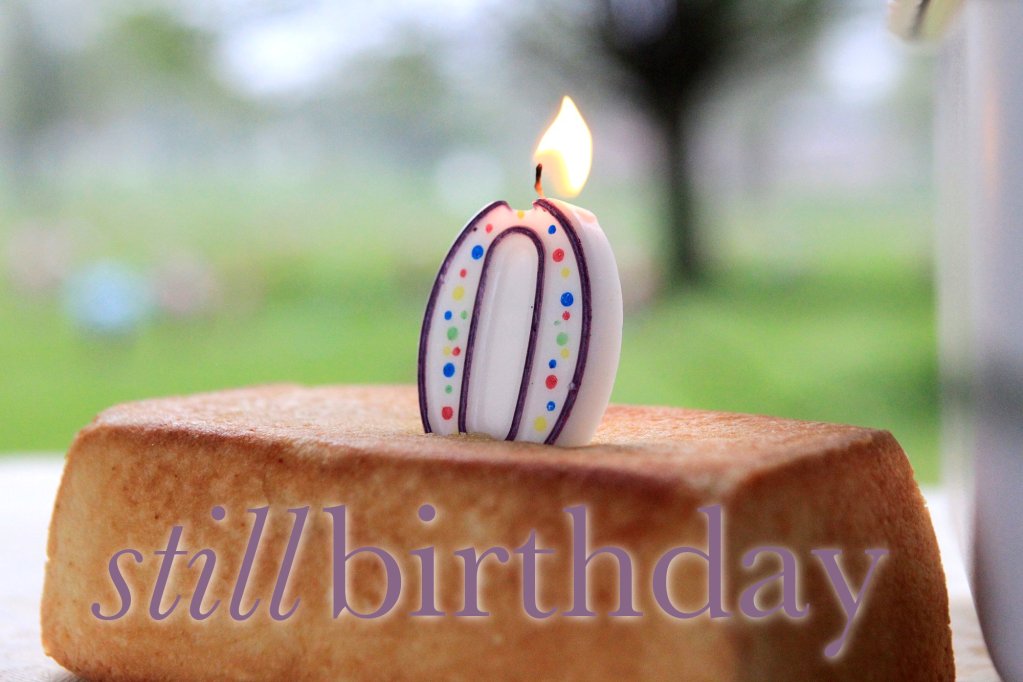.
Do you think President Ronald Reagan’s decision to sign Proclamation 5890 drew him to think upon his daughter, Christine, who died at birth 40 years before the signing?
Related: 25 Year Remembrance Hot Air Balloon Ride and Free Hearts Release
Proclamation 5890 — Pregnancy and Infant Loss Awareness Month, 1988
October 25, 1988
By the President of the United States of America
A Proclamation
Each year, approximately a million pregnancies in theUnited Statesend in miscarriage, stillbirth, or the death of the newborn child. National observance of Pregnancy and Infant Loss Awareness Month, 1988, offers us the opportunity to increase our understanding of the great tragedy involved in the deaths of unborn and newborn babies. It also enables us to consider how, as individuals and communities, we can meet the needs of bereaved parents and family members and work to prevent causes of these problems.
Health care professionals recognize that trends of recent years, such as smaller family size and the postponement of childbearing, adds another dimension of poignance to the grief of parents who have lost infants. More than 700 local, national, and international support groups are supplying programs and strategies designed to help parents cope with their loss. Parents who have suffered their own losses, health care professionals, and specially trained hospital staff members are helping newly bereaved parents deal constructively with loss.
Compassionate Americans are also assisting women who suffer bereavement, guilt, and emotional and physical trauma that accompany post-abortion syndrome. We can and must do a much better job of encouraging adoption as an alternative to abortion; of helping the single parents who wish to raise their babies; and of offering friendship and temporal support to the courageous women and girls who give their children the gifts of life and loving adoptive parents. We can be truly grateful for the devotion and concern provided by all of these citizens, and we should offer them our cooperation and support as well.
The Congress, by Senate Joint Resolution 314, has designated the month of October 1988 as “Pregnancy and Infant Loss Awareness Month” and authorized and requested the President to issue a proclamation in observance of this month.
Now, Therefore, I, Ronald Reagan, President of theUnited States of America, do hereby proclaim the month of October 1988 as Pregnancy and Infant Loss Awareness Month. I call upon the people of the United States to observe this month with appropriate programs, ceremonies, and activities.
In Witness Whereof, I have hereunto set my hand this twenty-fifth day of October, in the year of our Lord nineteen hundred and eighty-eight, and of the Independence of the United States of America the two hundred and thirteenth.
Ronald Reagan
[Filed with the Office of the Federal Register, 11:13 a.m., October 26, 1988]
View our current events to see where you can celebrate in October.
